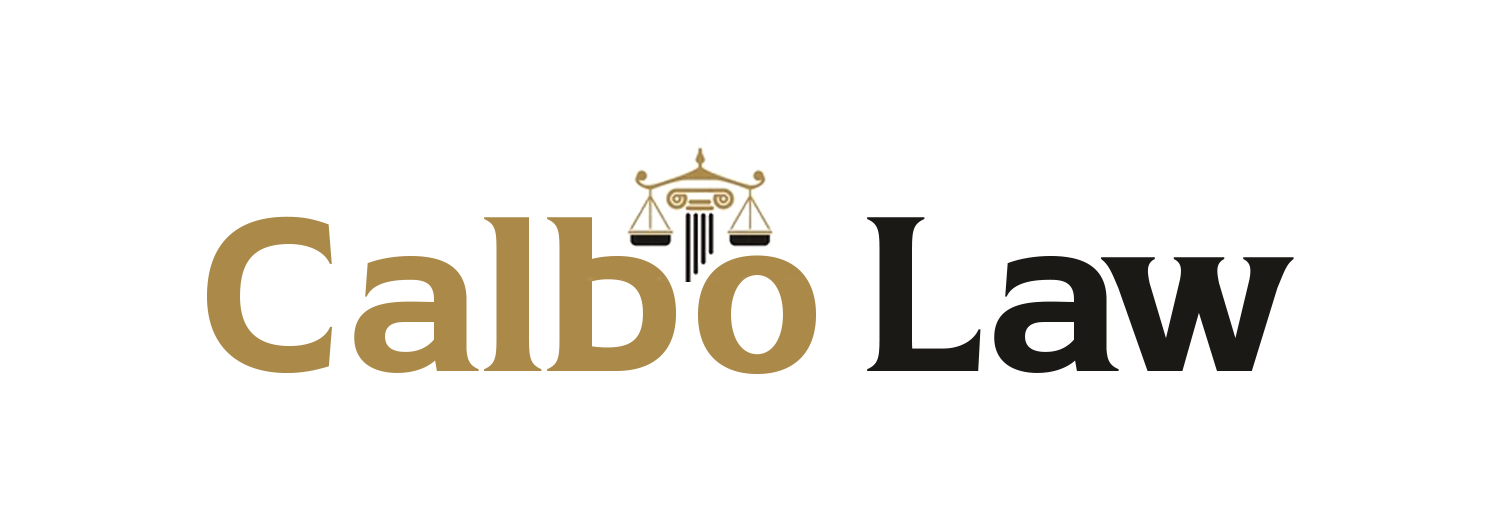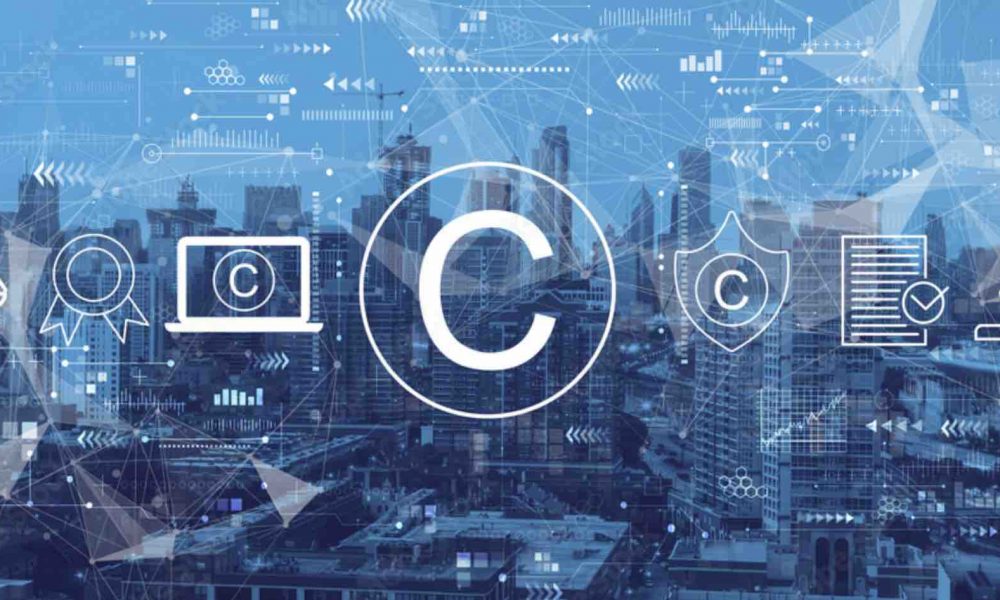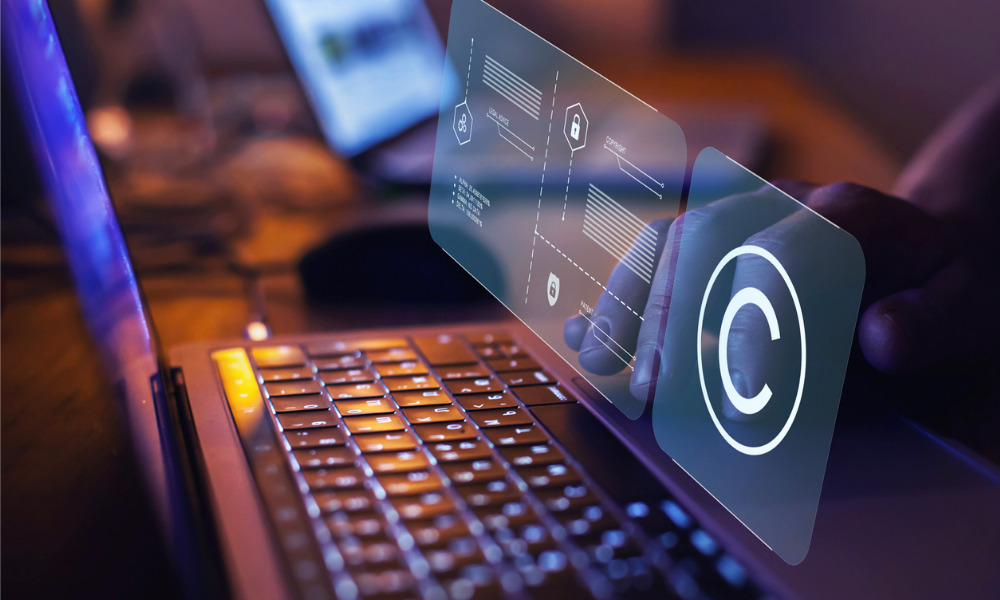Copyright law is a set of legal rules that protect the original works of authors, artists, and creators. Any person who uses, copies, or distributes copyrighted material without permission violates the law. With the advent of the internet and digital technology, enforcing copyright law has become more challenging. In this article, we will discuss the challenges of enforcing copyright law in the digital world and the measures that can be taken to protect intellectual property rights.
The Challenges of Enforcing Copyright Law in the Digital World
One of the biggest challenges of enforcing copyright law in the digital world is the ease with which copyrighted material can be copied and distributed. With just a few clicks of a button, anyone can download, share, and distribute copyrighted material on the internet. This has made it difficult for copyright owners to protect their intellectual property rights.
Another challenge is the difficulty of tracing the source of the copyright infringement. In the physical world, it is relatively easy to identify the source of the infringement, but in the digital world, it can be challenging to trace the origin of the infringement. This is because the internet allows users to remain anonymous, making it difficult to identify the infringer.
Furthermore, the international nature of the internet makes it difficult to enforce copyright law across borders. Copyright laws vary from country to country, and what is legal in one country may be illegal in another. This makes it challenging to enforce copyright law globally.
Measures to Protect Intellectual Property Rights
Despite the challenges, there are measures that can be taken to protect intellectual property rights in the digital world. One of the most effective ways is through digital rights management (DRM) technologies. DRM technologies are software tools that prevent unauthorized access, copying, and distribution of copyrighted material. They are designed to protect the intellectual property rights of the copyright owner.
Another measure is to educate the public about the importance of respecting intellectual property rights. Many people are not aware of the legal implications of copyright infringement. Education can help raise awareness of the importance of respecting intellectual property rights and the consequences of violating them.
Law enforcement agencies can also play a role in enforcing copyright law in the digital world. They can work with internet service providers (ISPs) to identify and track down copyright infringers. ISPs can also play a role by monitoring their networks for copyright infringement and taking action against infringers.
Enforcing copyright law in the digital world is a challenging task. The ease of copying and distributing copyrighted material, the difficulty of tracing the source of the infringement, and the international nature of the internet make it difficult to protect intellectual property rights. However, measures such as digital rights management technologies, education, and law enforcement can help protect intellectual property rights in the digital world.









Comments